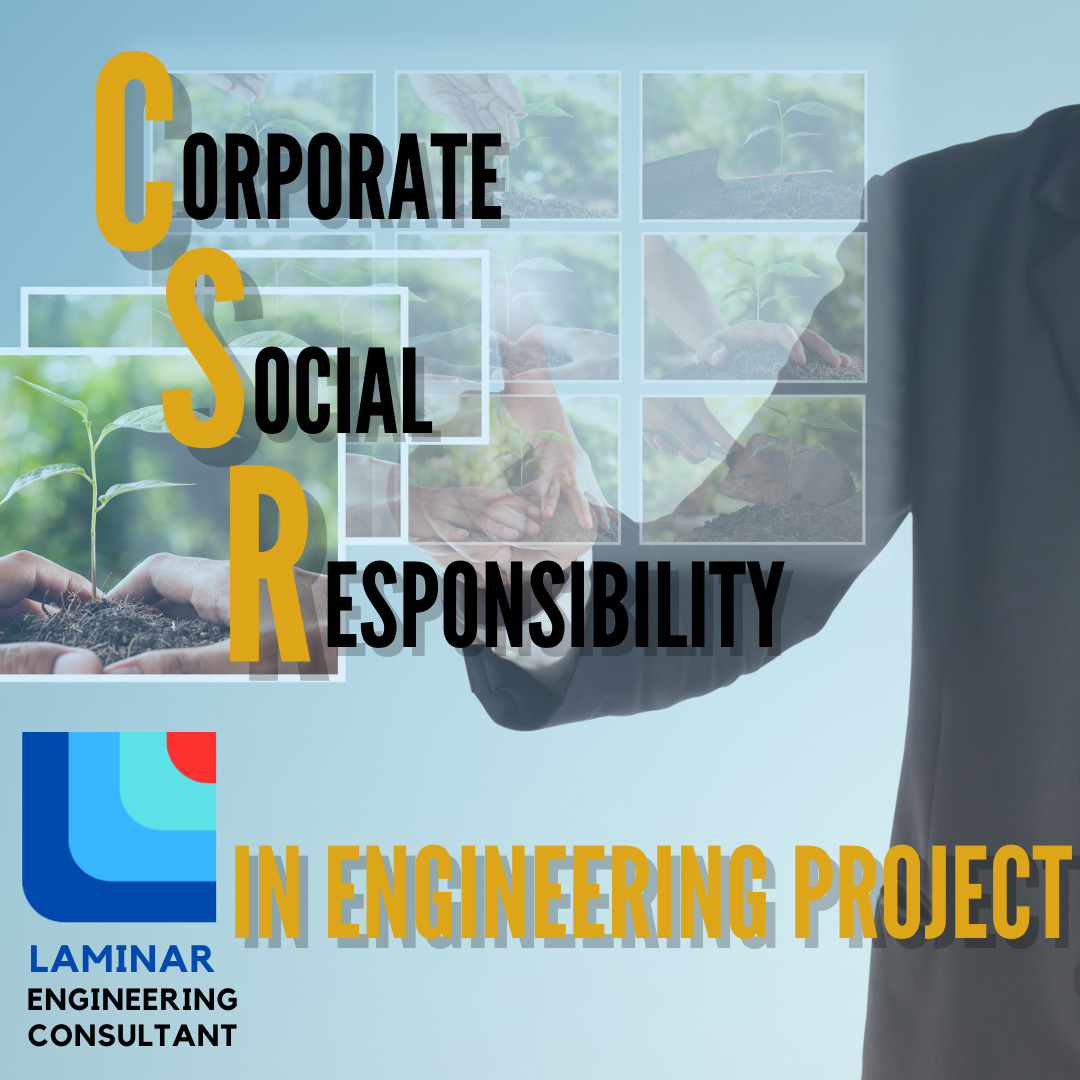Companies with a good level of credibility certainly follow the government’s appeal to carry out social responsibility or Corporate Social Responsibility (CSR). Carrying out CSR not only helps improve the company’s reputation but also supports business sustainability and community welfare. Companies can implement initiatives to reduce the footprint of victims, such as the use of renewable energy, maximum waste management, and recycling programs. For example, reducing the use of plastic and supporting greening activities.
CSR activities are also closely related to providing support for the wider community through donations, volunteers, and MSME development programs. For example, building public facilities such as parks or health centers. Other support can be in the form of providing educational assistance with scholarships for outstanding and underprivileged students in the hope of improving the skills and knowledge of the community, and being able to compete in the world of work.
In running a business, high ethical standards are required, starting from treating employees fairly, ensuring safe working conditions and in accordance with Occupational Health and Safety (K3) regulations, and implementing transparency in reporting CSR activities.
In engineering companies, there are several relevant programs to be used as a form of CSR activities. Programs can be in the form of implementing environmentally friendly technology, such as developing solar panel technology or wind turbines, installing renewable energy installations in local communities or public facilities. Then from a greening perspective, companies usually plant trees in the area of ongoing infrastructure projects to offset the environmental impact of the construction process. Another thing that can be beneficial for the surrounding community is technical training for local residents in improving skills so that they can be involved in the project.
Empowering education is also a concern of the company, namely by providing internship opportunities with the aim of providing work experience. Furthermore, the company can provide support in the form of practical equipment in school or campus laboratories, engineering software, and/or textbooks to support the learning process.
As for internal companies, it is necessary to hold periodic K3 training programs so that all employees and project workers understand and comply with international safety standards in order to minimize accidents in the project environment. The next step is to provide health programs for employees and communities around the project such as routine medical check-ups, health clinic facilities, and health awareness campaigns.

